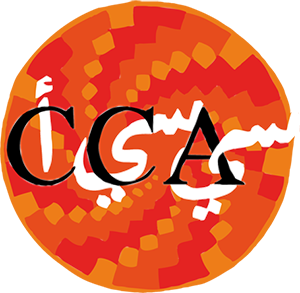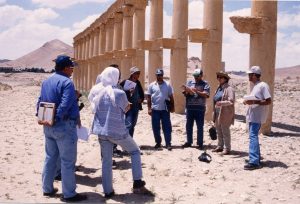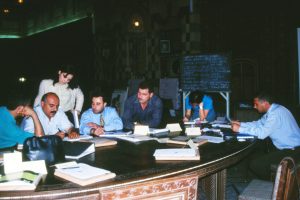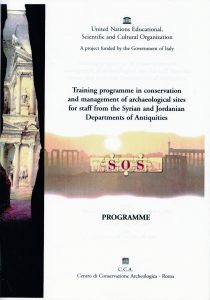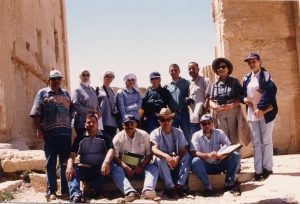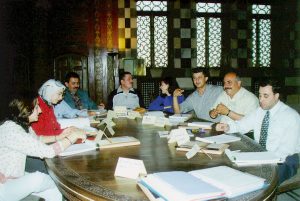In 1999, anticipating the explosion of the cultural tourism phenomenon in some Mediterranean countries, the Italian Ministry of Foreign Affairs, General Direction for Cooperation and Development, founded a training program in conservation and management of archaeological sites, aimed to ten directors of major sites in Syria and Jordan.
The project was implemented by the Centro di Conservazione Archeologica, Roma (CCA), with the direction of the UNESCO office of Amman.
The two-year training program was divided into three parts, two regional ones and one in Italy.
The regional activities, which took place in 1999, consisted of seminars, classroom lectures by international experts in conservation, safeguard and management of cultural heritage, and fieldwork in the major and most heavily visited archaeological sites in Jordan, Syria and Italy. In this way, course participants were given the elements to consolidate their methodological skills of reading problems and designing and implementing plans for conservation and development of sites.
The Italian section of the course was held for 12 weeks at CCA’s headquarters in the Convento di San Nicola. During that time, practical topics encountered during fieldwork were discussed with the theoretical support of academics, professionals and experts.
The subjects covered ranged from history to the methodology of conservation treatments on an archaeological site, to communication, and techniques of sustainable management and development for sites.
Main elements of risk for site conservation were analyzed, and solutions were provided for protecting archaeological heritage and transmitting it to posterity. Participants were able to test current techniques for sustainable development of cultural tourism, as suggested by preventive conservation practice.
The aim of the program was to make a substantial contribution to developing the capacity of the Antiquities Departments of Syria and Jordan in the field of conservation and management of monuments and archaeological sites, as well as reinforcing links among Italian, Syrian and Jordanian institutions working in this field.
